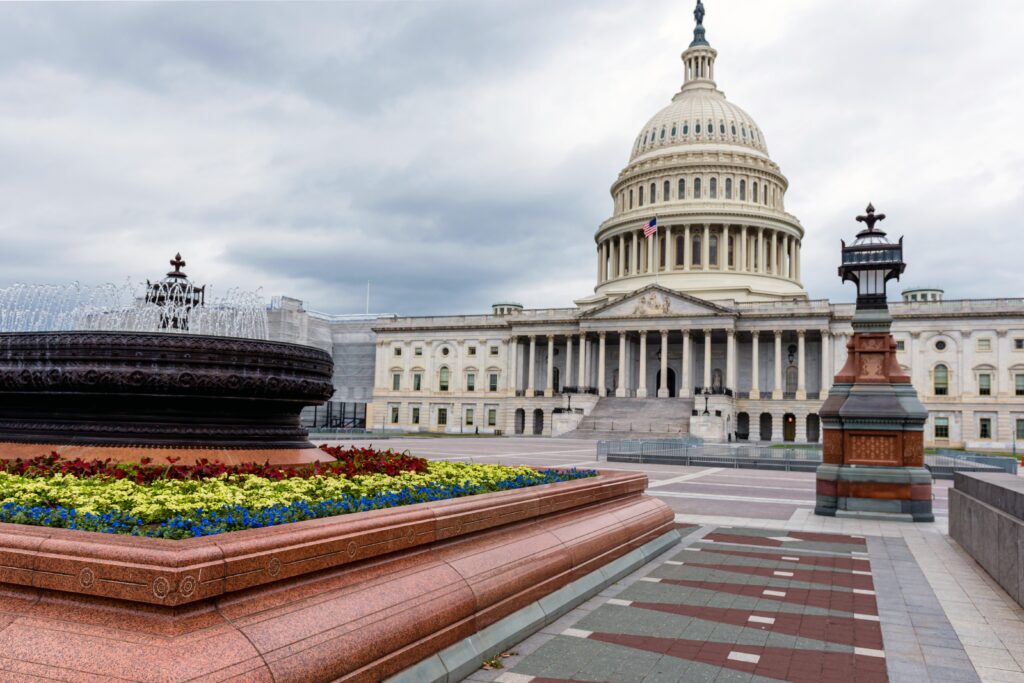COVID exceptions to end May 11.
On Jan. 30, the Biden Administration announced its intent to end the national emergency and public health emergency (PHE) declarations related to the COVID-19 pandemic on May 11.
This is great.
However, audits are here for dates of service occurring during the PHE. Audits after May 11 are going to be even more tedious and esoteric for providers and auditors. Audits will be confusing.
Some exceptions or waivers or leniency that was allowed during PHE will expire. Other exceptions will remain in place for some time to give providers some time to adjust.
For example, remember that using the statutory flexibility under Section 1812(f) of the Social Security Act, the Centers for Medicare & Medicaid Services (CMS) temporarily waived the requirement for a three-day prior hospitalization for coverage of a skilled nursing facility (SNF) stay. This waiver provides temporary emergency coverage of SNF services without a qualifying hospital stay.
In addition, for certain beneficiaries who exhausted their SNF benefits, it authorizes a one-time renewed SNF coverage without first having to start and complete a 60-day “wellness period” (that is, the 60-day period of non-inpatient status that is normally required in order to end the current benefit period and renew SNF benefits). This waiver applies only for those beneficiaries who have been delayed or prevented by the emergency itself from commencing or completing the 60-day “wellness period” that would have occurred under normal circumstances.
By contrast, if the patient has a continued skilled care need (such as a feeding tube) that is unrelated to the COVID-19 emergency, then the beneficiary cannot renew his or her SNF benefits under the Section 1812(f) waiver, as it is considered continued skilled care in the SNF rather than the emergency that is preventing the beneficiary from beginning the 60-day “wellness period.” This waiver will terminate at the end of the COVID-19 PHE.
Another example is that during the PHE, CMS established toll-free hotlines for physicians, non-physician practitioners, and Part A certified providers and suppliers who established isolation facilities to enroll and receive temporary Medicare billing privileges. When the PHE ends, the hotlines will be shut down.
CMS also allowed practitioners to cancel their opt-out status early and enroll in Medicare to provide care to more patients. CMS also allowed Medicare Administrative Contractors (MACs) to accept opt-out cancellation requests via email, fax, or phone call to the hotline. CMS allowed a provider to submit an application (an 855-I or 855-R, for example) to cancel their opt-out.
Providers were not required to submit a written notification to cancel their opt-out status. When the PHE ends, this waiver will terminate, and opted-out practitioners will not be able to cancel their opt-out statuses earlier than the applicable regulation at 42 CFR 405.445 allows for.
During the PHE, CMS has been allowing MACs and Qualified Independent Contractors (QICs) in the Fee-for-Service (FFS) program (42 CFR 405.950 and 42 CFR405.966), and the Part C and Part D Independent Review Entities (IREs), to waive requirements for timeliness for requests for additional information to adjudicate appeals. In addition, under applicable regulations, Medicare Advantage (MA) plans may extend the timeframe to adjudicate organization determinations and reconsiderations for medical items and services (but not Part B drugs) by up to 14 calendar days if: the enrollee requests the extension; the extension is justified and in the enrollee’s interest, due to the need for additional medical evidence from a noncontracted provider that may change an MA organization’s decision to deny an item or service; or, if the extension is justified due to extraordinary, exigent, or other non-routine circumstances and is in the enrollee’s interest (42 CFR 422.568(b)(1)(i), 42 CFR 422.572(b)(1) and 42 CFR 422.590(f)(1)).
When the COVID-19 PHE ends, these flexibilities will continue to apply, consistent with existing authority, and requests for appeals must meet the existing regulatory requirements.
Programming note: Listen to Knicole Emanuel’s live RAC Report every Monday on Monitor Mondays with Chuck Buck.






















